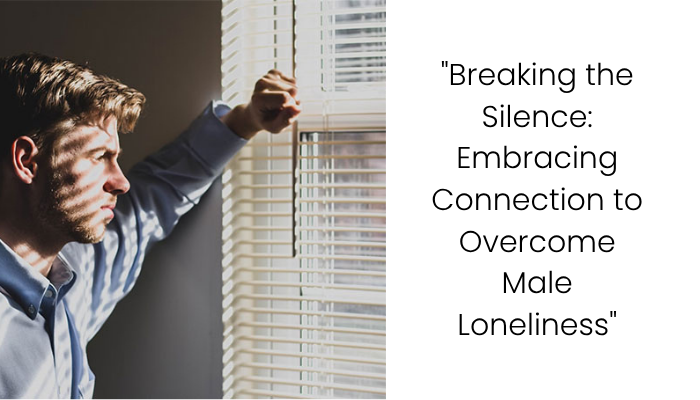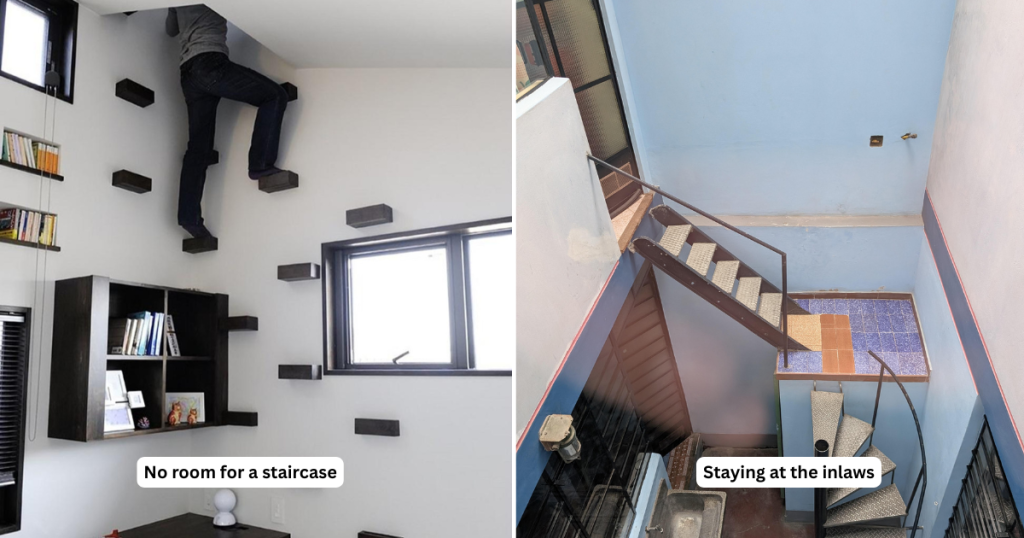When Coffee Grinders Spark Opera: A Tenant’s Harmonious Rebuttal to Passive-Aggressive Noise Complaints

In a tale that underscores the complexities of urban living and tenant rights, a 28-year-old woman found herself at odds with a new neighbor over morning routines. For two years, her 7:30 AM coffee grinding went unnoticed until a night-shift worker moved in next door. Rather than initiating a direct conversation, the neighbor resorted to passive-aggressive notes and formal complaints, despite the activity occurring within standard quiet hours. The situation escalated with the neighbor’s disruptive responses to everyday kitchen noises, prompting the woman to revisit her college opera training. She began practicing arias at 6 AM, a time legally permissible for noise in their building, turning the tables in a melodious form of protest.
Advertisement – Continue Reading Below
Getting into a feud with one’s neighbors can lead to way more drama than expected and end up disturbing one’s home life

The poster shared that her new neighbor took issue with her 7:30am coffee grinding and that instead of talking to her, he left passive-aggressive notes about it







The Legal and Emotional Landscape of Apartment Noise Disputes
Living in close quarters, such as in apartment complexes, often brings about challenges related to noise. The story of a tenant resorting to early morning opera practice in response to a neighbor’s complaints about a coffee grinder underscores the complexities of such disputes. This situation delves into legal rights, the concept of quiet enjoyment, and the emotional toll of neighborly conflicts.
Advertisement – Continue Reading Below
Understanding Quiet Hours and Noise Regulations
Quiet Hours Defined: Most apartment complexes and municipalities establish “quiet hours” to ensure residents can enjoy peace during typical rest periods. These hours often span from 10 p.m. to 7 a.m. on weekdays, though exact times can vary based on local ordinances and lease agreements. Activities generating significant noise, such as loud music or appliance use, are generally discouraged during these times. southernmanagement.com
Legal Implications: Noise complaints are typically evaluated based on whether the noise is “excessive, unreasonable, and disruptive.” Tenants have a right to the “quiet enjoyment” of their homes, a principle protected by state and local laws. If a neighbor’s activities infringe upon this right, it may constitute a legal nuisance.
The Dynamics of Neighborly Disputes
Communication Breakdown: In the described scenario, the neighbor’s choice to leave passive-aggressive notes instead of initiating a direct conversation exemplifies a communication breakdown. Such indirect methods can escalate tensions and hinder amicable resolutions.
Advertisement – Continue Reading Below

Retaliatory Behavior: The tenant’s decision to practice opera at 6 a.m., while within legal noise hours, can be seen as retaliatory. While it may provide personal satisfaction, it risks further straining neighborly relations and could be perceived as harassment if it significantly disrupts the neighbor’s rest.
Landlord’s Role and Responsibilities
Addressing Complaints: Landlords are obligated to address noise complaints impartially. They should investigate claims, mediate between tenants, and enforce lease terms consistently. Failure to do so can lead to claims of negligence or breach of contract.
Preventing Escalation: Proactive measures, such as setting clear noise policies and facilitating open communication channels, can prevent disputes from escalating. Encouraging tenants to discuss issues directly and respectfully often leads to more effective resolutions.
Advertisement – Continue Reading Below
Emotional and Psychological Considerations
Stress and Anxiety: Persistent noise disputes can lead to heightened stress and anxiety for those involved. The feeling of being unheard or disrespected in one’s own home can significantly impact mental well-being.
Seeking Support: Tenants experiencing emotional distress due to neighbor conflicts should consider seeking support, whether through counseling, tenant associations, or legal avenues. Addressing the emotional impact is as crucial as resolving the practical aspects of the dispute.
Navigating Towards Resolution
Open Dialogue: Initiating a calm and honest conversation with the neighbor can often defuse tensions. Expressing concerns and seeking mutual understanding may lead to compromises that satisfy both parties.
Advertisement – Continue Reading Below

Mediation Services: If direct communication fails, mediation services offer a structured environment for resolving disputes. Mediators facilitate discussions, helping parties reach agreements without resorting to legal action.
Legal Recourse: As a last resort, tenants may pursue legal action if their rights are continually violated. Documenting incidents, maintaining records of communications, and consulting with legal professionals can strengthen one’s case.
Most netizens were shocked by the woman’s behavior and felt that she had taken things too far





The interplay between legal rights and personal relationships in apartment living requires a delicate balance. While tenants have the right to enjoy their homes without undue disturbance, fostering a community of mutual respect and understanding is paramount. Addressing noise disputes with empathy, open communication, and a willingness to compromise often leads to more harmonious living environments.
Advertisement – Continue Reading Below






